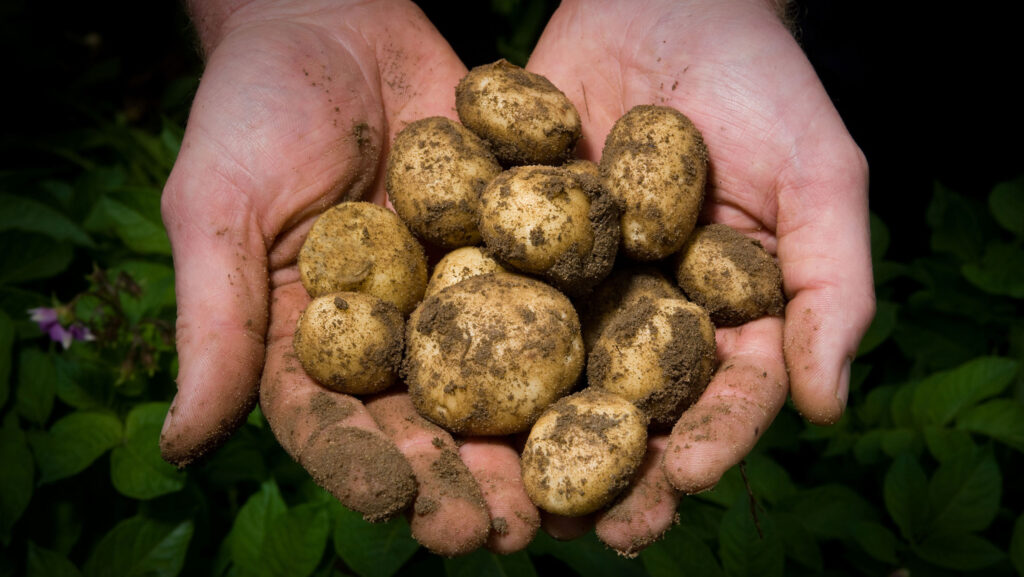Scottish farmers fear being left behind on gene-edited crops
 © Tim Scrivener
© Tim Scrivener The Scottish agriculture industry is calling for the adoption of precision breeding technology, highlighting its potential to strengthen food security and address climate challenges.
Key organisations, such as the Agricultural Industries Confederation (AIC) Scotland, NFU Scotland (NFUS), and GB Potatoes, are urging the Scottish government to align with recent precision breeding legislation enacted in England.
They warn that Scotland risks falling behind as other regions, including the EU and the US, make progress in this area.
See also: Government pledges to roll out gene-edited crops in England
In a joint letter sent to rural affairs secretary Mairi Gougeon, industry leaders warn that without legislative changes, Scottish farmers may face competitive disadvantages and higher costs due to differing regulations.
They propose that the Scottish government establishes an independent expert working group to explore the implications of adopting precision breeding technologies, focusing on productivity, trade alignment, and scientific progress.
Divergence risk
AIC chief executive Robert Sheasby warned that farmers, growers, crofters and agri-supply businesses in Scotland are set to be at a competitive disadvantage if nothing changes.
He said: “Divergence with our trading partners and markets on precision breeding policy is a major concern for our industry as it would create extra cost and friction for the supply chains which make up our food system.
“That is why we are calling on the Scottish government to establish an independent expert working group on this priority issue.”
NFUS president Martin Kennedy said: “As an industry, we believe that the Scottish government cannot afford to ignore the vast potential benefits of precision breeding technology.
“Precision breeding technology has the potential to play a key role in contributing to key Scottish government policies, including reducing emissions from agricultural production, growing the Scottish agricultural economy and underpinning national food security by ensuring resilient domestic food and feed supply.”
Scott Walker, chief executive of GB Potatoes, said: “Growers in Scotland face a unique set of pest and disease pressures arising from the climate, but we have the research institutions and plant breeding businesses to help address these.
“Precision breeding technologies allow plant breeders to rapidly breed more climate resilient varieties of potatoes and other staple crops for Scottish agriculture, improving yield reliability and resource efficiency.”
In response, agriculture minister Jim Fairlie MSP said the Scottish government has no plans to change its stance on precision breeding technology.
“The Precision Breeding Act created a distinction between genetic modification and gene editing in England, which is not recognised in Scotland,” said Mr Fairlie.
“I plan to raise the issue of labelling with the UK government following their announcement that they will proceed with secondary legislation on precision breeding.”
Labour pressing on
The UK government is moving ahead with precision breeding to improve agricultural resilience and production.
The Genetic Technology (Precision Breeding) Act aims to facilitate the creation of drought- and disease-resistant crops while reducing costs for farmers in England.
Defra farming minister Daniel Zeichner has said that food security is a national priority for the Labour government, positioning the UK as a leader in agricultural innovation.
However, the government has faced criticism from opponents, such as Beyond GM, which questions the readiness and effectiveness of gene-edited crops, raising concerns about their nutritional value and environmental impact.

